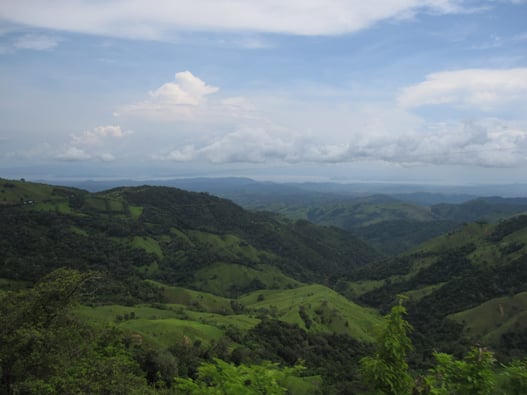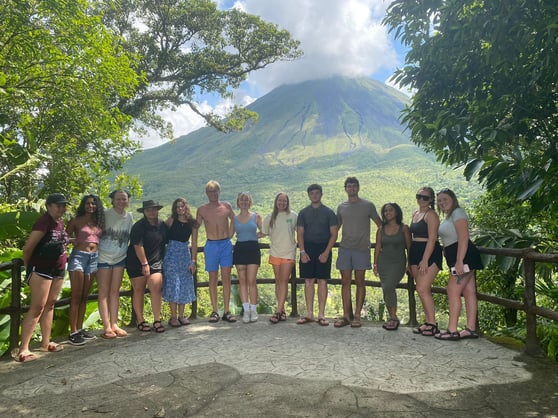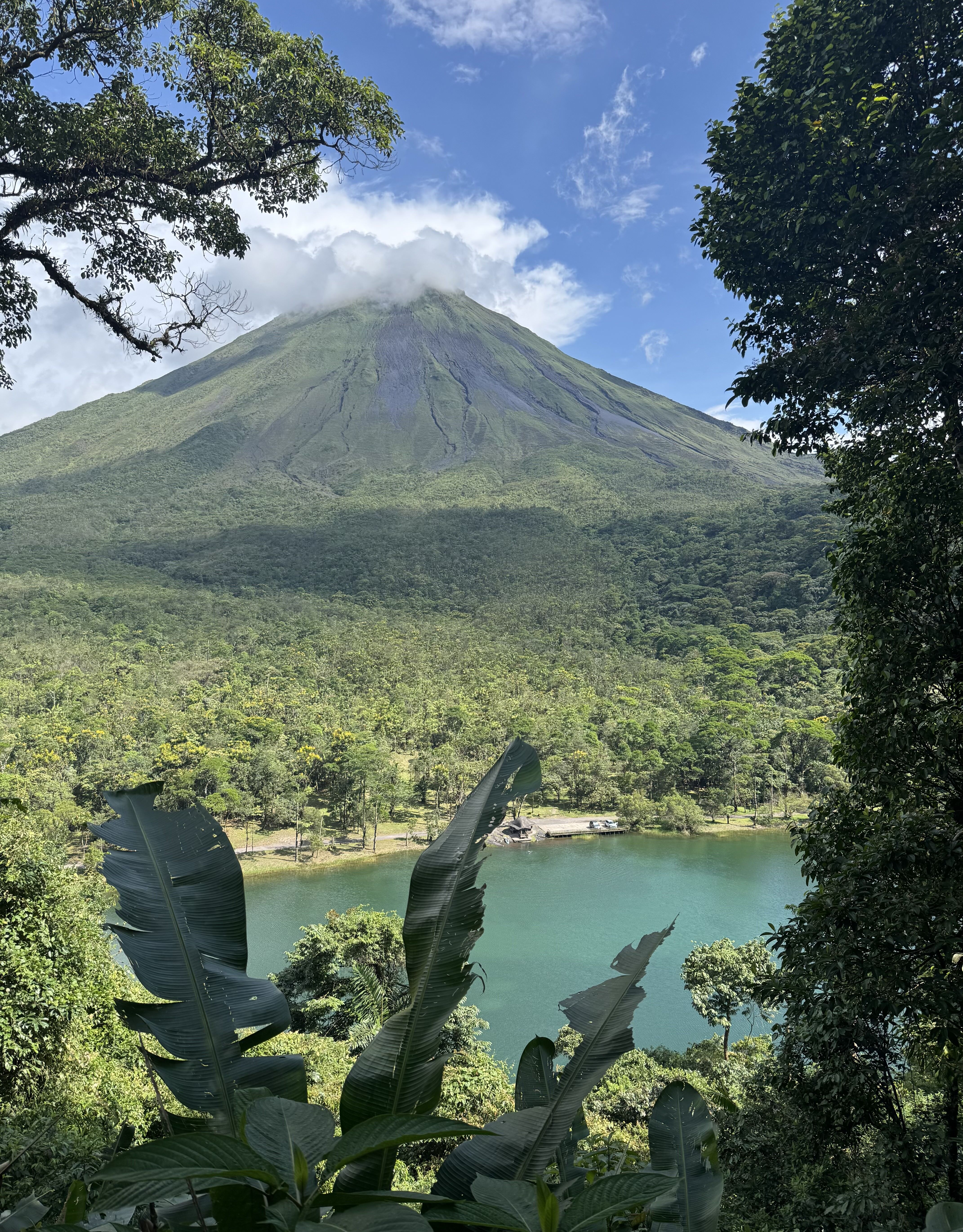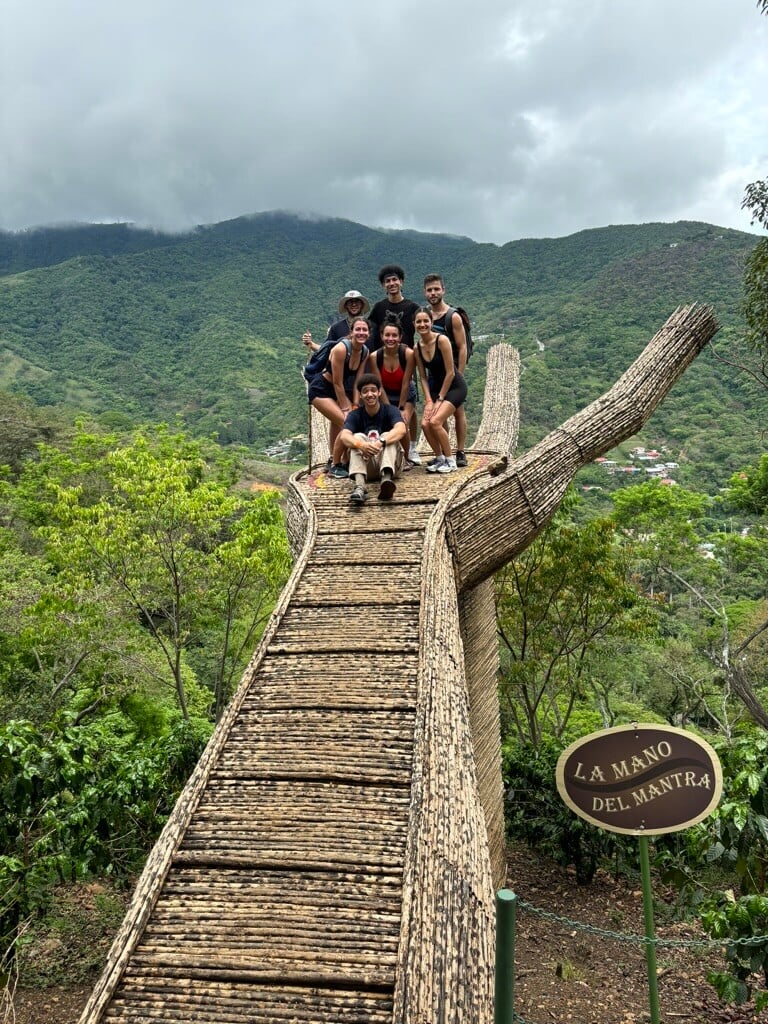Imagine yourself atop an active volcano surrounded by forests, observing diverse species in their natural habitat, or diving into the ocean to explore marine life. All of this is possible when you study environmental science in Costa Rica, one of the world’s leaders in sustainability and ecotourism!
In today’s world, environmental sustainability has become an important issue. Learning about environmental conservation policies, ecosystems, and their surrounding habitats are essential to protecting the earth and its inhabitants. As a country dedicated to preserving their ecosystems and natural areas, Costa Rica is one of the best places in the world to study environmental sciences. Here are three reasons why:
1. Greenest Country in the World

Known as the happiest and greenest country in the world, Costa Rica has repeatedly been rated near the top of a variety of international environmental surveys. In fact, Costa Rica is ranked #1 on the Happy Planet Index, which measures the life expectancy, well-being, and ecological footprint of a given country. Costa Rica works hard to continuously diminish its ecological footprint through a variety of sustainable practices involving clean energy and land preservation.
What better place to study sustainable practice and policy than in its leading country? When you study environmental science in Costa Rica, you can take classes on environmental issues and learn how to combat them. Students live and immerse themselves in a sustainable environment, observing Costa Rica’s take on environmental problems and how they solved them. Students can delve into hot topics such as natural resource conservation, environmental citizenship, and sustainable food systems.
2.Climate, Geography, and Biodiversity

While Costa Rica is located just north of the equator and has a tropical climate, the weather can be wide and varied depending on the location. Home to 12 different microclimates, the weather in Costa Rica ranges from hot and humid to cold and misty. This tropical paradise has it all: volcanoes with steaming craters, rainforests high above the clouds, waterfalls, beaches, and jungles. With an average rainfall of up to 25 feet in the mountains, there is no shortage of moisture in Costa Rica, and it is abounding in lush vegetation.
The country’s diverse climate and geography allows for the highest density of biodiversity in the world. Brimming with signs of life around every corner, environmental science students in Costa Rica have a one-of-a-kind opportunity to observe countless species in a hands-on learning environment. Whether it be exploring ecosystems in diverse climatic regions, observing land vertebrates, or studying tropical marine biology, there are countless opportunities to discover life in Costa Rica.
3. Environmental Organizations and National Parks

There are many non profit organizations in Costa Rica dedicated to protecting and conserving Costa Rica’s natural environment. These organizations promote biodiversity, land conservation and regeneration, conservation of ecosystems, habitat restoration, and conservation awareness. Environmental science students in Costa Rica are lucky enough to be surrounded by these organizations, allowing them to see the impact they have and the importance of their work.
Students in Costa Rica learn about sustainability and conservation not only in the classroom, but also through exploration and immersion. Over 25% of the country is comprised of protected natural areas, the highest in the world. Among these protected areas are Parque Nacional Poas Volcano and Monteverde Cloud Forest Biological Reserve. Visiting these national parks and reserves allows students to learn about Costa Rica’s ecosystems while putting what they learn in the classroom to practice. Additionally, any national park entrance fees paid help support conservation policies, ensuring that these natural areas will continue to be protected.
Environmental science students in Costa Rica have countless resources at their fingertips. With its dedication to the environment, vast climate and geography, and dense biodiversity, Costa Rica creates a perfect learning environment full of exhilarating hands-on opportunities. If you are an environmental science major with a passion for protecting our world, come and see what Costa Rica and its Pura Vida lifestyle has to offer!






